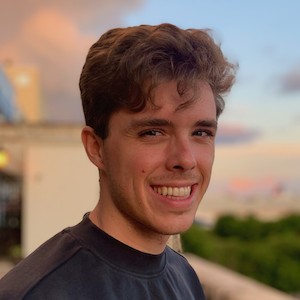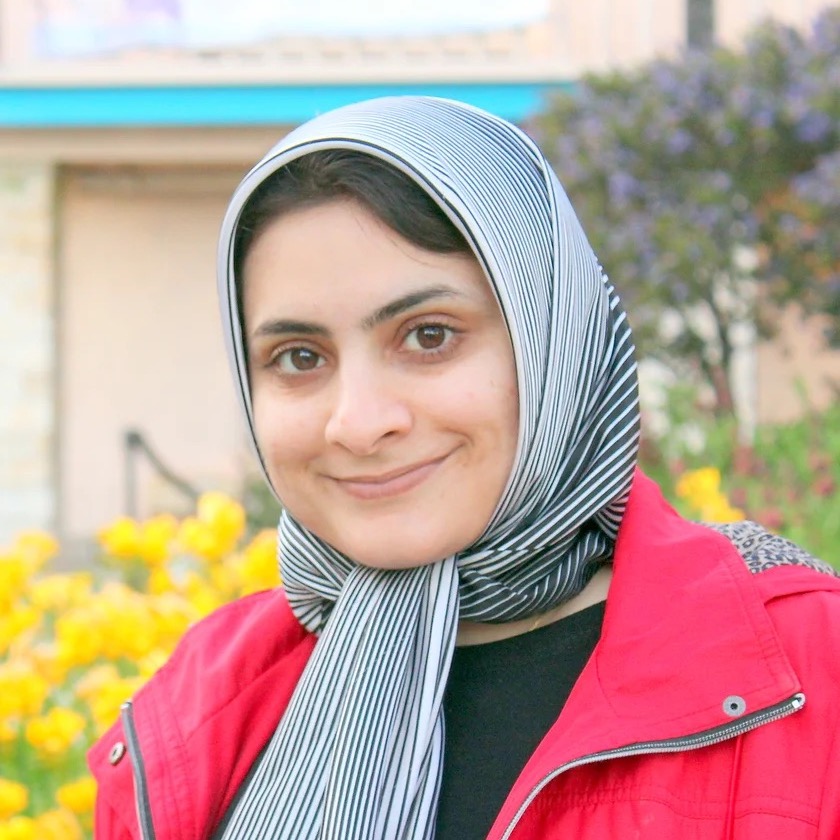Overview
In recent years, there has been a growing interest in involving end users directly in testing, auditing, and contesting AI systems. The involvement of end users from diverse backgrounds can be essential to overcome AI developers' blind spots and to surface issues that would otherwise go undetected prior to causing real-world harm. Emerging bodies of work in CSCW and HCI have begun to explore ways to engage end-users in testing and auditing AI systems, and to empower users to contest erroneous AI outputs. However, we know little about how to support effective user engagement.
In this one-day workshop at CSCW 2023, we will bring together researchers and practitioners from academia, industry, and non-profit organizations to share ongoing efforts related to this workshop's theme. Central to our discussions will be the challenges encountered in developing tools and processes to support user involvement, strategies to incentivize involvement, the asymmetric power dynamic between AI developers and end users, and the role of regulation in enhancing the accountability of AI developers and ameliorating potential burdens towards end-users. Overall, we hope the workshop outcome could orient the future of user engagement in building more responsible AI.





